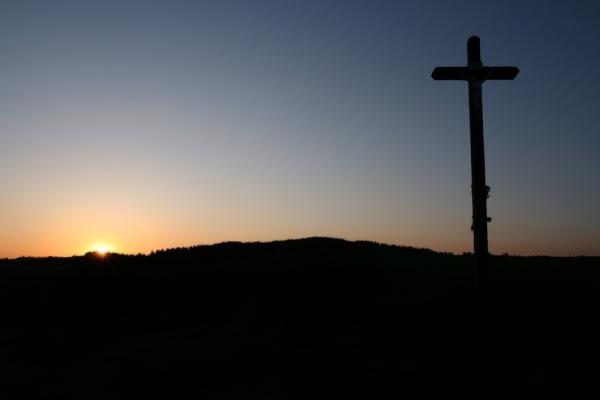May 27, 2015
It would be God’s incarnate presence in human life. Not the only presence, but one that many people could enter into. Not so much an institution with structures, rules, and layers of leadership, but rather a dynamic, ever-shifting community that gathered in various ways, ranging from small circles of friends to mass assemblies for special purposes.
It would look outward, unlike other human institutions that look inward. It would see people wanting to draw closer to God. It would see human needs such as grief and tragedy, hunger and hopelessness. It would see key moments in people’s lives, such as partnering and parenting. It would see the ways people hurt each other and the tendency of injustice to become systemic.
Read the Full Article

Already a subscriber? Login
